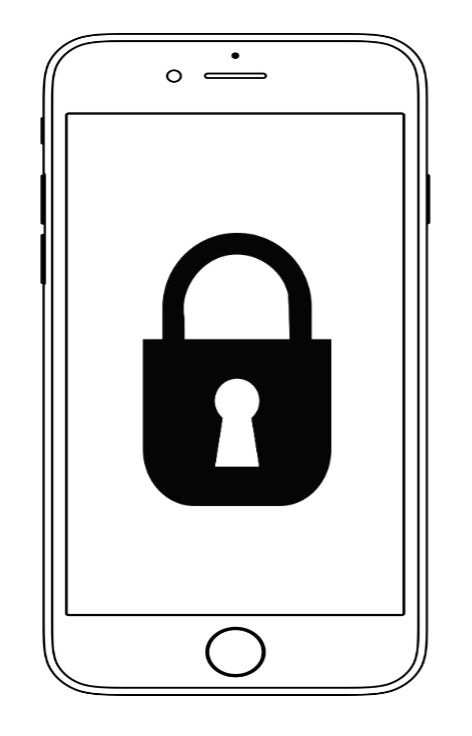A passcode might keep others out, but not major companies
Credit: Raghav Chopra
While owning smartphones has become more and more commonplace, the security of our phones from outside companies has not been ensured. From companies that have global popularity to those that are small-scale have all been known to share personal data with third-party associations.
88% percent of teenagers own cell phones. However, many of these teenagers do not understand the pressing privacy issues that can be associated with this technology. rding to the Pew Research Center, as many as 71% of social media users post the city or town where they live, while 92% use their real name within their profile. One thing is for sure: users are sharing more information about themselves now than they ever have before.
Companies have a significant monetary incentive to find and sell their users’ data. As the world becomes increasingly reliant on technology, businesses are looking in every nook and cranny to reap the benefits.
“Companies are using a cornucopia of sources to capture and process customer data on metrics, from demographic data to behavioral data,” said director of data science for the firm Elicit Liam Hanham. He concluded that “customer data can be collected in three ways – by directly asking customers, by indirectly tracking customers, and by appending other sources of customer data to your own,” said Hanham. “A robust business strategy needs all three.”
These companies will go to surprising depths in an effort to learn as much as possible about their users. According to a comprehensive study by the New York Times, at least 75 companies receive anonymous, precise location data from apps whose users enable location services to get local news and weather or other information. Several of those businesses claim to track up to 200 million mobile devices in the United States — about half of those in use last year. The database reviewed by The Times reveals “people’s travels in startling detail, accurate to within a few yards and in some cases updated more than 14,000 times a day.”
One clear example of privacy exploitation was in October of 2018 when social media giant Facebook announced the launch of its newest project: The Facebook Portal. The release was met with cynicism and distrust from both social media and perspective customers. A product given the access to see and record the inside of one’s home — especially from a company with previous privacy issues — was unnerving to the general population. The information that the portal gleans from your home is also used in guiding advertisements.
As a Facebook spokesperson explained, “we may use this information to inform the ads we show you across our platforms.” Facebook also has and exercises the ability to sell this data to advertisers, profiting on what they see in one’s home. While the portal is still on sale and continues to be purchased daily, not all consumers are aware that Facebook may be watching inside your home.
The importance of giving away data to companies is understated. Although the majority of teenagers do not think twice before they post something to the Instagram or Twitter, there is an underground “black market” full of companies hoping to monetize off of their users’ most personal information.






